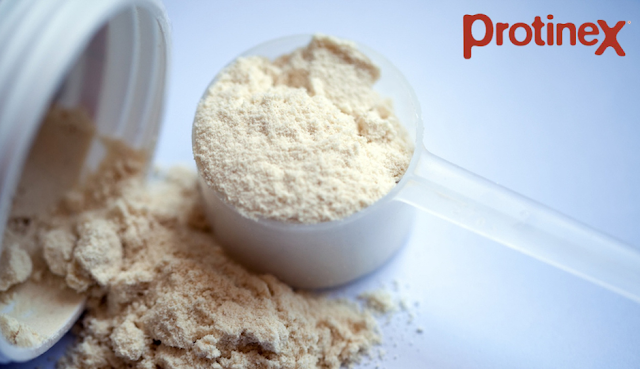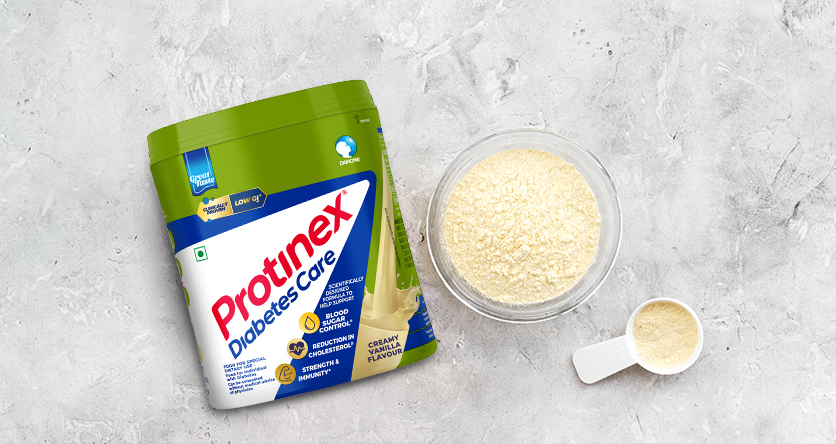What Role Does Protein Play in Diabetes?
Along with carbs and fat, protein is one of the three main macronutrients that give you energy. It helps the body grow new tissue, which helps build muscle and fix the damage. Protein powder for diabetics is another thing that makes up every cell in our bodies. It makes up about a sixth of our body weight.
Blood Sugar and Protein
Diabetic protein powder helps the body grow, but it can also be broken down
into glucose, which can be used as fuel (a process known as gluconeogenesis). The
body can turn protein into glucose, and the effects will be more noticeable if
you eat fewer carbohydrates at each meal.
Protein breaks down
into glucose slower than carbs, so any effects of protein on blood glucose
levels usually happen a few to several hours after eating.
Those with type-1
diabetes or those with type-2 diabetes who take insulin may want to think again
before eating a meal composed primarily of protein. It's best to learn how
these meals affect your blood sugar to figure out how much insulin you need.
How Protein and Kidneys are Linked?
During digestion,
protein is broken down into simpler compounds called by-products. The kidneys
get rid of these waste products by making waste that gets flushed out in the
urine. When the kidneys aren't in good shape, they can't eliminate waste. This
causes protein waste to build up in the blood, which causes several health
problems over time.
Hyperfiltration can
also happen if you eat more protein than you need. This makes the glomerular
filtration rate higher than normal. For the best kidney function, watch how
much you eat and get your protein powder
for diabetics.
Choosing Proteins
For a diabetic diet,
watching out for the fats and carbs in the proteins you choose is important.
Some carbs, for
example, are quickly turned into glucose, which can cause a spike in blood
sugar. High-fat and high-carb foods can also make weight gain, making it harder
to control your blood sugar levels.
The American Diabetes
Association says you should eat fish at least twice a week as a source of
protein. They also say to limit red meat and processed meats like ham, bacon, and hot dogs, which tend to have a lot of saturated fats. For a healthy diet,
lean meats are a better choice.
Opting for a Diabetes-Safe Protein Drink
A protein shake is one
of the healthiest drinks for people with diabetes. Instead of raising blood
sugar levels, sugar spikes are less likely to happen when protein shakes are
made with high-quality protein powder. Also, these protein supplements make you
feel fuller for longer.
If you choose a diabetic protein powder that is ready
to drink, check the labels to ensure no added sugar. You can add nuts and seeds
to the shakes to make them more healthy and tasty.
Conclusion
Even though protein
doesn't affect blood sugar levels directly, other parts of high-protein foods
may. Keep this in mind and stick to the recommended daily amount of protein and
foods low in fat and carbs.
Also, Visit here: Protein Powder: What is it and which one can you pick?




Comments
Post a Comment